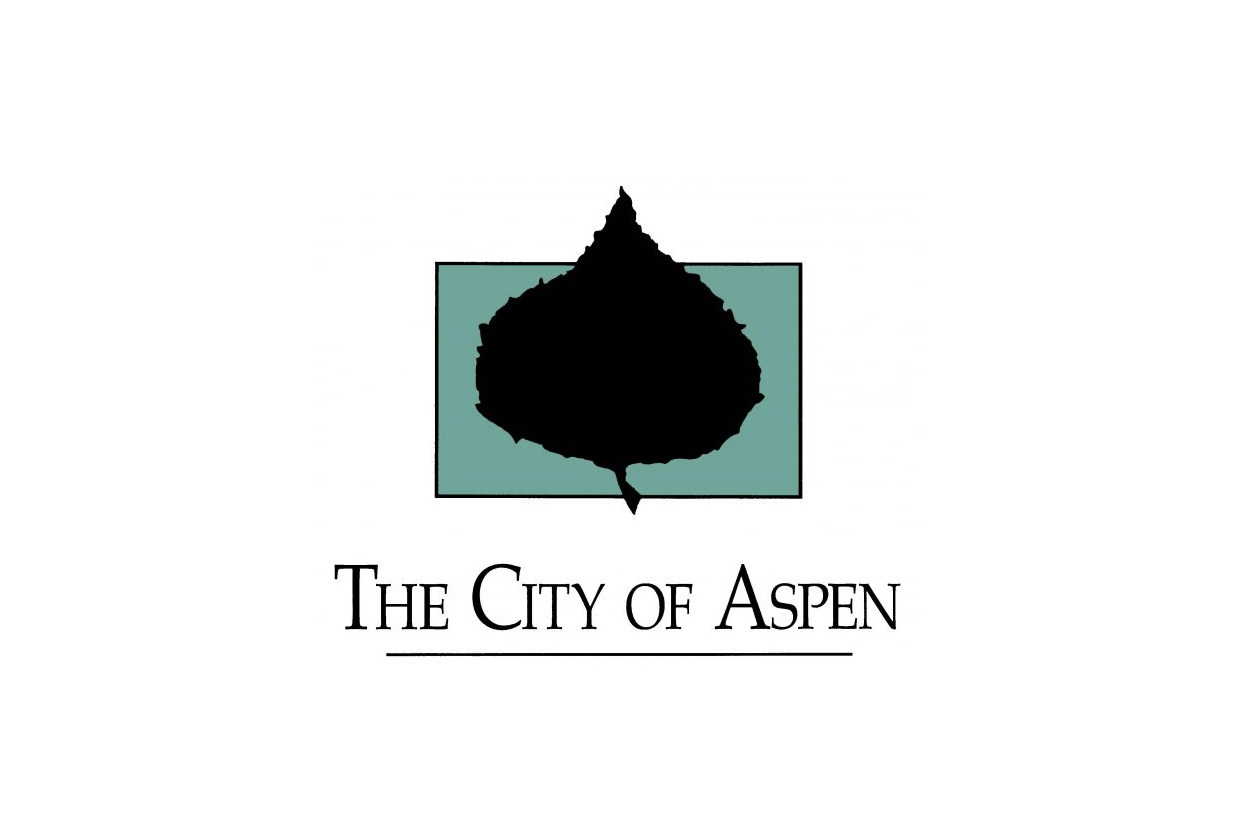And finally some good news.
Last week, the U.S. House of Representatives Subcommittee on Health passed H.R. 2339, the Reversing the Youth Tobacco Epidemic Act of 2019. a bill that includes a plethora of new tobacco regulations, many of which—notably a ban on online and catalog sales—that would devastate the premium cigar industry.
Before the Subcommittee passed the bill, Rep. Kathy Castor, D-Fla., proposed an amendment that would have exempted premium cigars from the regulations. At the request of the chair of the Subcommittee, Castor withdrew her amendment with the promise that it would be seriously looked at as part of the next process, Committee mark-up.
Today, that amendment took form and was approved 29-24, largely on partisan lines with Democrats supporting Castor’s amendment and Republicans largely opposed to it. The overall bill passed the Committee by a vote of 28-24.
You can read the text of the amendment here.
Any cigar that is deemed premium as per proposed language in H.R. 1854—specifically this would include traditional large cigars, except for flavored large cigars like ACID or Java—and costs at least $12 will be exempt from not only the regulations in H.R. 2339 but more importantly, would not be subject to the substantial equivalence process.
The inclusion of the $12 is monumental, not because it is likely to become law—it almost certainly won’t—but it shows some progress on creating bipartisan relief for premium cigars from the costliest parts of FDA’s regulations, product approval.
Today’s agreement was a start to that potential relief and also a sign in shifting strategies for the cigar industry. The $12 exemption is likely both unconstitutional and separately unenforceable. Depending on the state tax on cigars, many cigars would meet the $12 threshold in some states, but not others. For example, it’s unclear how the bill would treat a cigar that retails for $8.50 in Florida—where there is no state tobacco tax—but $10.46 in neighboring Georgia, where there is a 23 percent state wholesale tax on cigars.
Furthermore, Utah has an 86 percent wholesale tax on cigars meaning that any cigar that has an MSRP of $6.46 would be over $12 on shelves in Utah.
The most important part is that those who are traditionally opposed to tobacco products have shown some willingness to negotiate in favor of premium cigars. Notably, Rep. Frank Pallone Jr., D-N.J. and Rep. Donna Shalala, D-Fla.—the two authors behind H.R. 2330—are both in favor of the exemption.
Pallone said that he opposed a broader exemption, but supports the specific exemption because of the price point. He also noted that representatives from Florida, in particular, were in favor of the exemption.
“Today is a huge step forward for the premium cigar industry,” said Drew Newman, general counsel of J.C. Newman Cigar Co. “For the first time ever, Congress has supported regulating premium cigars differently than all other types of tobacco. A minimum price of $12 per cigar is problematic, particularly since the price of premium cigars varies greatly across the country due to different state tax rates. Additionally, FDA’s own data shows that fewer than 25 percent of premium cigars are sold for more than $10. We will continue to work to improve the legislation and hope that Congress can enact it into law in the coming months.”
Newman thanked Castor as well as Rep. Gus Bilirakis, R-Fla., Rep. Donna Shalala, D-Fla., and Rep. Darren Soto, D-Fla., as well as Sen. Marco Rubio, R-Fla.
A separate amendment was proposed by Rep. Richard Hudson, R-N.C. That amendment would have exempted a broader set of cigars, including flavored cigars and cigarettes, from the restrictions in H.R. 2339, including allowing for flavored cigars.
It failed to pass by a vote of 25-28, once again largely on party lines with Republicans in support and Democrats opposed.
Substantial Equivalence
Substantial equivalence is a process where a cigar company argues that a new product should be approved for sale because it is substantially equivalent in comparison to an already approved or grandfathered product. Eventually, substantial equivalence is expected to become the main mechanism by which virtually all new cigars are approved for sale by FDA.
FDA explains the process in brief:
In order for a new tobacco product to be substantially equivalent, the FDA must find that it either has the same characteristics as a valid predicate tobacco product; or that it has different characteristics than the predicate tobacco product but the information submitted demonstrates that the new product does not raise different questions of public health.
Substantial equivalence applications are currently set to be due by May 12, 2020; though that deadline is being opposed in lawsuits by both the cigar industry and FDA itself.
H.R. 2339
There’s a host of new regulations that would be introduced as part of H.R. 2339, those include:
- Increase the Minimum Tobacco Purchasing Age to 21 — This would increase the minimum age to purchase tobacco to 21 on a federal level. An amendment was proposed and failed, that would have exempted those serving in the military.
- Ban Online Sales of Cigars & E-Cigarettes — Two years after the bill is passed, non-face-to-face sales of tobacco or vaping products would be banned. This would ban all online cigar sales, all orders placed over the phone or through a catalog. It’s already illegal to sell cigarettes in a non-face-to-face manner.
- Ban Flavored Tobacco Products — All flavorings, other than tobacco flavorings, would be banned. The bill was amended to include more money for tobacco cessation for products, specifically due to concerns that African-Americans would feel uniquely targeted by the ban on menthol cigarettes. Tobacco cessation devices that are approved by the U.S. Food & Drug Administration (FDA) would be exempt from the ban on flavors.
- Increase User Fees — The bill would add an additional $100 million annually to FDA’s Center for Tobacco Products budget, paid for by user fees. The Tobacco Control Act has gradually increased the total budget for CTP by around $30 million annually, however, those increases stop after FY2019, where the budget is $712 million. Of note, there is a report that suggests that CTP had $239 million in leftover money from FY2018.
- E-Cigarettes/Vaping Products Would be Charged User Fees — The only positive part of the bill for the cigar industry is that it would likely be subject to lower user fees. Currently, e-cigarettes and vaping products don’t pay user fees, however, those products would be subject if H.R. 2339 is passed. Because user fees are a total number (currently $712 million) split between the industries, it would likely result in lower user fees for cigars. Currently, most companies pay less than 5 cents per cigar in user fees.
- Graphic Warning Labels for Cigarettes — It sounds like the supporters of the bill are needing more guidance from FDA for this issue, but H.R. 2339 would require graphic warning labels for cigarettes to be required within two years of passing. This would not apply to cigars.
- Ban Cigar Companies from Producing Most Swag, Sponsoring Events & Other Marketing Restrictions — The bill’s text was updated to include additional language that would apply restrictions that cigarette companies must adhere to under the Master Settle Agreement to extend to non-cigarette tobacco companies, including cigar companies. These would likely mean that companies would not be able to produce swag or any other non-tobacco products with logos or images that are the same as cigar brands. These restrictions would also ban companies from sponsoring golf tournaments or other events, like a cigar area at a beer festival. Because the language seems directly pulled from MSA, there’s a weird clause that would allow the company, but not the brand, to sponsor an event so long as the company was in business prior to Jan. 1, 1995.
As the legislation is currently proposed, any cigar over $12 and otherwise meeting the definition as a “premium cigar” would be exempt from most of the new changes, though flavored cigars would be banned and the cigars would still be subject to user fees and federal age restrictions.
While this bill has now cleared a House Committee, it still would need to receive a vote in the full House and a vote in the Senate, the latter of which is unlikely.



